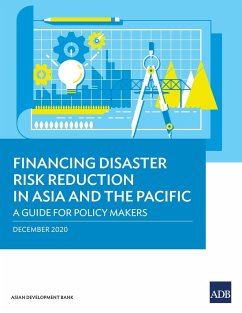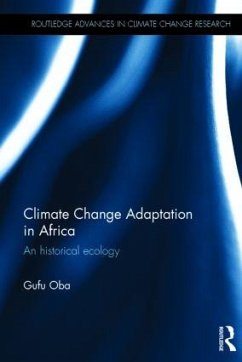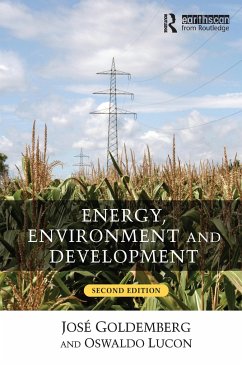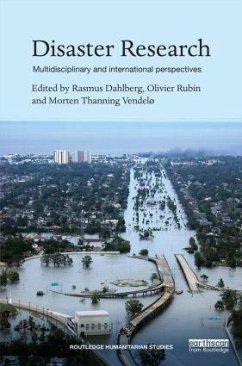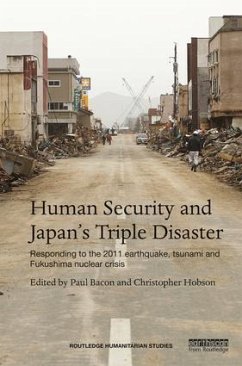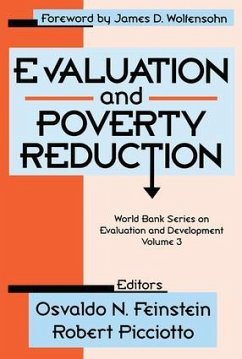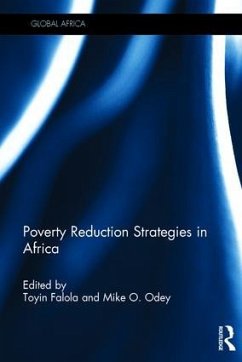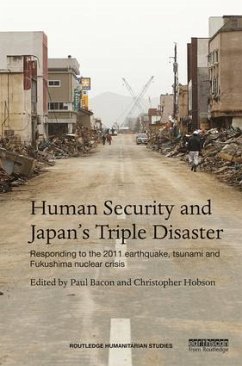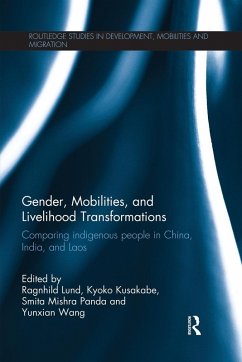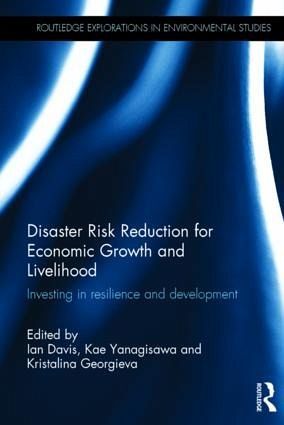
Disaster Risk Reduction for Economic Growth and Livelihood
Investing in Resilience and Development
Herausgeber: Davis, Ian; Georgieva, Kristalina; Yanagisawa, Kae

PAYBACK Punkte
89 °P sammeln!
The prevalence of natural disasters in recent years has highlighted the importance of preparing adequately for disasters and dealing efficiently with their consequences. This book addresses how countries can enhance their resilience against natural disasters and move towards economic growth and sustainable development. Covering a wide range of issues, it shows how well thought-out measures can be applied to minimize the impacts of disasters in a variety of situations. Starting with the need for coping with a rapidly changing global environment, the book goes on to demonstrate ways to strengthe...
The prevalence of natural disasters in recent years has highlighted the importance of preparing adequately for disasters and dealing efficiently with their consequences. This book addresses how countries can enhance their resilience against natural disasters and move towards economic growth and sustainable development. Covering a wide range of issues, it shows how well thought-out measures can be applied to minimize the impacts of disasters in a variety of situations. Starting with the need for coping with a rapidly changing global environment, the book goes on to demonstrate ways to strengthen awareness of the effectiveness of preventive measures, including in the reconstruction phase. The book also covers the roles played by different actors as well as tools and technologies for improved disaster risk reduction. It focuses on a variety of case studies from across Asia, Africa and Latin America, drawing out lessons that can be applied internationally. This book will be of great interest to professionals in disaster management, including national governments, donors, communities/citizens, NGOs and private sector. It will also be a highly valuable resource for students and researchers in disaster management and policy, development studies and economics.




